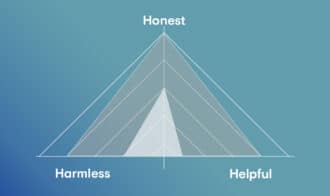The Health Benefits of Meditation
Maintaining balance through this constant state of change, work, family, social interactions, exercise, etc. can be taxing. According to Heathline, one of the most common reasons for people to try meditating is for stress and anxiety reduction benefits. Data shows us that stress and anxiety are more prevalent than ever. A 2020 study showed that anxiety increased from 5.12% in 2008 to 6.68% in 2018 among adult Americans, the 18-25 age group had a 6.69% increase during that time. This was further exacerbated by the pandemic which caused reported anxiety cases to increase by 25% according to the World Health Organization. Simple lifestyle changes can combat stress and help improve your quality of life. In addition to lowering stress and anxiety, meditation yields other benefits such as improved focus and memory capacity. Numerous studies have been conducted emphasizing the effects of meditation on improvements in focus and memory. One study conducted in 2013, Mindfulness training improves working memory capacity and GRE performance while reducing mind wandering, showed that the effects of improved memory and focus were noticeable after 2 weeks of mindfulness training courses were completed.











